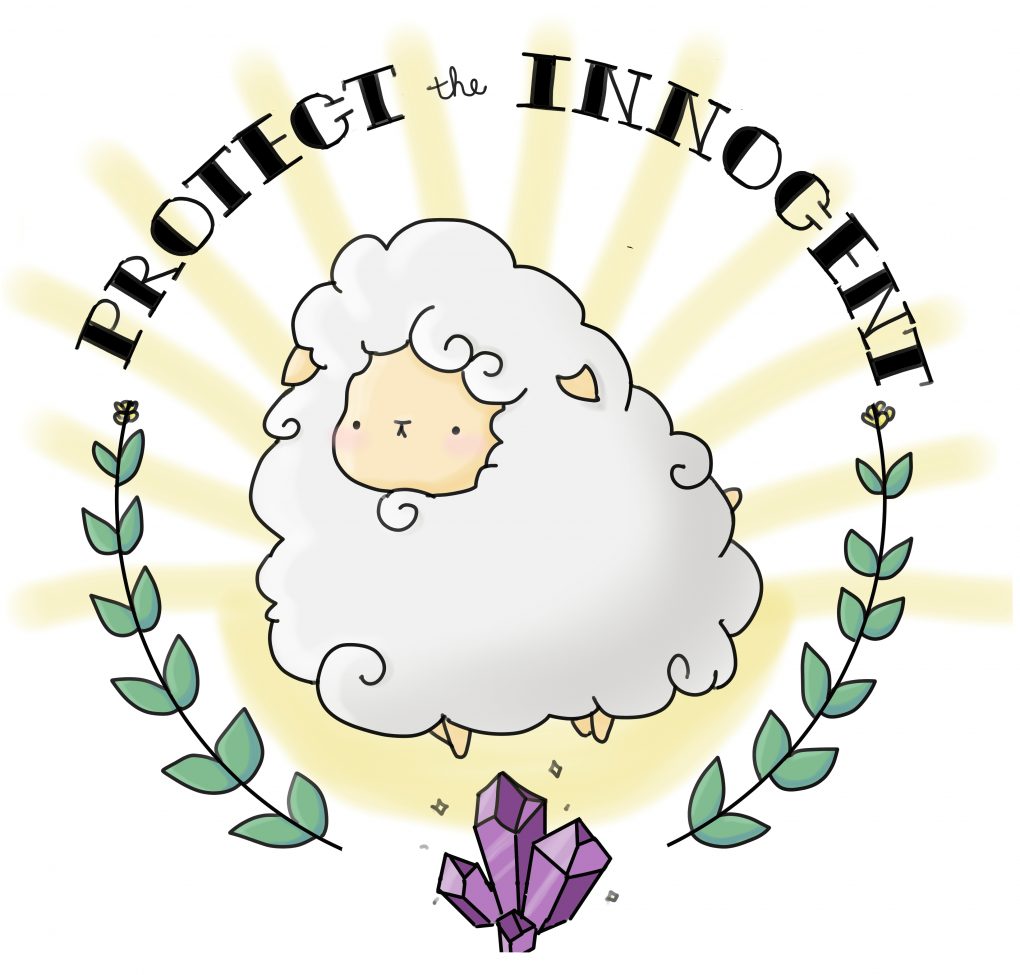After 27 years of life, a pattern that now seems so obvious has finally revealed itself to me. While I’ve always heard that change is the only constant, it seemed equally as natural that we will inevitably resist and detest this constant change. How many times have you heard someone say something like “I wish things could stay this way forever”? I’m sure we all feel that way sometimes. However, even if it were possible to avoid change in our lives, should we?
I’m reminded of when I learned that despite having clear ideas about what will make us happy, studies show that we don’t have very good judgement in that regard. We don’t know what will make us happy. It’s a hard concept to wrap my mind around. I feel so sure that this or that will make me happy. I almost don’t even realize it when I acquire said thing and am still just as unhappy as before. I thought working from home would be a dream come true, but it turned out that I’m actually much happier coming into the office every day. Despite clearly remembering this baffling realization, a few months after coming back to the office, I find myself hoping for another shut-down so I can work from home again. I can’t seem to convince myself that being at home alone every day actually makes me feel depressed and more anxious than usual.
This strange dilemma is similar to the way I view change. I assume most people would say that they don’t like change. Evolutionarily, change is an obvious threat. If we’re able to survive with the way things are, change could potentially be catastrophic. Our minds and bodies are inclined to try to hold on to what has been working for us up to this point, even if something else may work better. As long as we’re alive, change seems like a big, unnecessary risk. I think this is one of the complexities that make modern day society so difficult for us to navigate. It is not an accurate reflection of what our minds and bodies were designed for.
I mentioned in some of my recent posts the new habits I have added into my daily routine to promote mindfulness and self care. While I initially felt an immense positive impact from these changes, after a month, they have begun to feel lackluster. This is the pattern I have finally noticed within myself. I am constantly concocting new plans and habits that I believe will help me live a happier and fuller life, more in line with my values. These changes are always amazing for the first week or so. Then they start to seem ineffective. I find myself back where I started. I fall back into the mindless hum of habit.
I’ve begun to wonder if perhaps what is making me so happy at first isn’t the specific tasks I’m including in my day, rather the change itself. Although the habits I’ve cultivated are mindful, I wasn’t being more mindful simply due to the actions I was performing. It’s much easier to be mindful when you are doing something new. Perhaps I wasn’t less anxious because I wasn’t watching TV while I ate, but because I was doing things differently than I normally would.
I’ve often had the feeling that intelligent minds are more prone to anxiety and depression. I believe this is due to the effort that we have to exert to stimulate our active, easily bored brains. Not many of us are willing or able to make that effort. I’ve always detested challenges as well as change. I don’t know if that was innate or a result of my early environment, but it is a misguided opinion nonetheless. I need to be challenged, I need new, novel experiences and information to make me happy. Now the issue is how do I go about intentionally including these things in my life.
When we’re growing up, we have little choice in the matter. There are lots of consistent changes that come our way which we have no control over. Maybe our parents move or get divorced. We have to go to a new school. We suddenly have a new sibling. Whether we are resistant to change or not, we know there is going to be a lot of it we’re going to have to deal with. Once we are adults and have more control over our own lives and environment, it becomes easier for us to avoid change. Often we even avoid changes we want to make out of fear. Stagnation may be unpleasant, but it is safe and that is our prime biological imperative.
After trying for years to cultivate healthier habits, there is one I have been missing. This month, I’d like to try to make change a habit. In order to break free from what has become a quite oppressive daily schedule, I think intentionally doing at least one thing differently or trying something new each day would be an excellent way to invite more mindfulness and mental stimulation into my day.
/GettyImages-699100285-5c8c29e646e0fb0001770056.jpg)

This really resonates with something I have been/experienced lately and gave me some connection points I didn’t have before reading, so thank you!
LikeLiked by 1 person
I’m glad you liked it. (:
LikeLike